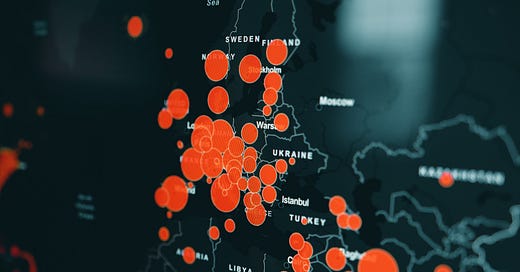Why Can Unregulated AI be Dangerous?
If one were to weigh the advantages of AI against the dangerous consequences its use brings along, the latter may outweigh the former. The issue lies in the methods used by AI firms to leverage data which can have possible harmful effects on labour and product markets as well as democratic set-ups. AI algorithms have been used by various industries as well as online platforms to boost sales and reach out to their TA in the most effective way. The use of ML may be targeted to benefit the consumers such as improving the quality of goods and services offered, personalization of these goods and services, but they can also harm the consumers in more ways than you could probably think. Acquiring too much customer information can harm them negatively as the prices may be polarized. Furthermore, knowing too much about their consumers may lead to some firms making their customers less attractive for other firms, who may in turn increase the prices of their wares.
Another area which can potentially harm the customer is data externality. When online platforms get too much information about their customers when they buy this data they get additional information about others as well. Some customers may share information of their contacts who belong to the same demographics. This can have a direct impact on customer privacy.
There are yet more scenarios which can be even more dangerous to the consumers. This may happen when the firms who have excessive information about the consumers may try to alter customer behaviour by using this information in a certain way. But advertising has always brought along some sort of manipulation. When customers are rational this may not happen but advertising aided by AI tools can make it happen.
Another much discussed arena of unregulated AI is the displacement of medium skilled or low-skilled workers by the use of automation. Such displacement brings about inequality and has a direct impact on the social life of these workers.
It is thus imperative that policies must be directed at using the power of automation to also create new opportunities for the displaced workers as well as for the citizens. As Elon Musk said, "AI is a rare case where I think we need to be proactive in regulation instead of reactive. Because I think by the time we are reactive in AI regulation, it’s too late."
If you’d like to explore more about ethically incorporating AI into your work set ups do subscribe to our newsletter and write to us at contactus@infiniteanalytics.com



